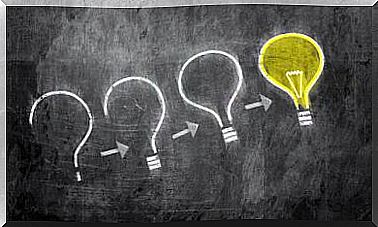Child Psychology – Who Can I Trust?
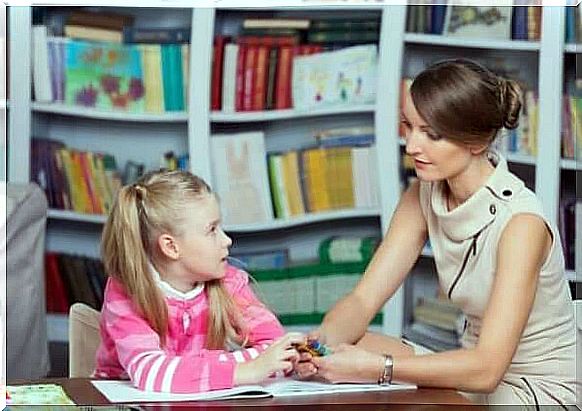
One of the most common questions in psychological counseling is related to situations where parents have to answer with raising their children. Most do not need help, but only professional answers to alleviate their uncertainty. In these cases, we find that many parents do not know exactly what type of expert to contact; psychologist, pediatrician or educational psychologist. So what are the options in child psychology?
Most parents usually turn to a pediatrician out of habit, but it may make more sense to meet with an expert in child psychology. Others visit the child’s school for help. They often find that the psychologist working there focuses more on the child’s learning and developmental problems.
Many people still confuse the work of a psychologist with the work of an educational psychologist. It is true that in some areas these professions are separated by a very thin line. However, we are talking about two very different roles. These two disciplines are most united by the academic framework. Here, they usually work in parallel, complementing and combining different skills in an attempt to solve potential problems in teaching-learning processes.
Child psychology – different options
Both disciplines study people, and their ultimate goal is to act as a mediator and helper. Therefore, it is sometimes difficult for us to distinguish between the two. This article lists the main differences and similarities between these professions since their inception. After all, already in the name of professions we find the same prefix, “psycho”.
The main difference between psychology and educational child psychology is that psychology has a broader vision related to all aspects of life, while the educational psychologist pays special attention to the learning process.

Professional qualifications in different work environments
An educational psychologist works in a variety of fields, such as induction and psychoeducational intervention. These fields require certain types of data, methods, and theoretical principles. This allows preventive, remedial or supportive action to be taken on the basis of a number of models, areas and principles, all addressing different contexts.
In various areas of therapy in educational child psychology, we have focused on teaching-learning processes. This focuses on the acquisition of learning techniques and strategies and the development of metacognitive strategies and motivation. In this approach, in different profiles of professions, we try to clarify the different guidelines and objectives of the disciplines (Palacio, López, & Nieto, 2006).
In terms of professional qualifications, an educational psychologist works by preventing, detecting, and dealing with learning problems regardless of a person’s age. In addition, she works with curricula and various techniques to streamline the teaching process.
On the other hand, the psychologist focuses more on human global and at the same time specific knowledge. His expertise is very extensive, even in the field of education. It ranges from dealing with feelings and thoughts to managing relationships.
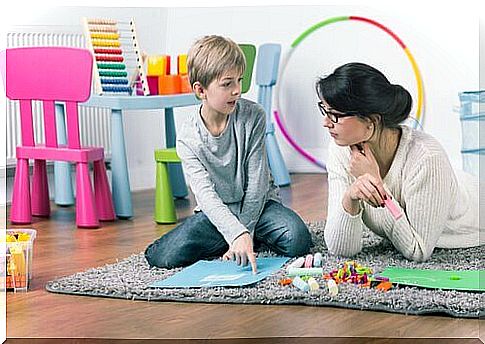
The main differences between the profile of a psychologist and an educational psychologist
The professional profiles of these two fields have much in common, but also differentiating perspectives. The work of an educational psychologist focuses especially on learning, its underlying processes, and behavior. However, there are exceptions where industry experts work with companies to improve the quality of life of organizations and employees.
The work of an educational psychologist is also closely related to integration. She provides support for children and young people in difficulty and supervises children going through a difficult home life.
One of the tasks of a psychologist in these areas is to detect anomalous or contradictory behavior in children. He then defines the form of treatment and guidelines for correcting these behaviors to be followed. If it affects a child’s personality, he or she may work with a psychiatrist and may use medication to support treatment.
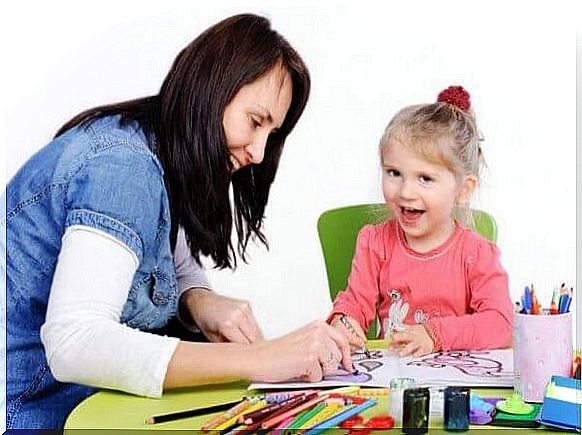
Child psychology – school environment
In a school setting , the main task of an educational psychologist is to guide a child using specific strategies to achieve certain outcomes.
There are two basic models in psychological education: the clinical model and the consultation model. Psychologists, on the other hand, deal with more psychic areas. They become acquainted with the stages of development of human development, behavior, personality, profession, work and social phenomena.
In contrast, an educational psychologist specializes, as we have observed, in human lifelong learning processes. If the problem concerns the educational environment in particular, it makes more sense to make use of the professional skills of an educational psychologist. If the problem also involves psychological processes, it would be more appropriate to go to a general psychologist.
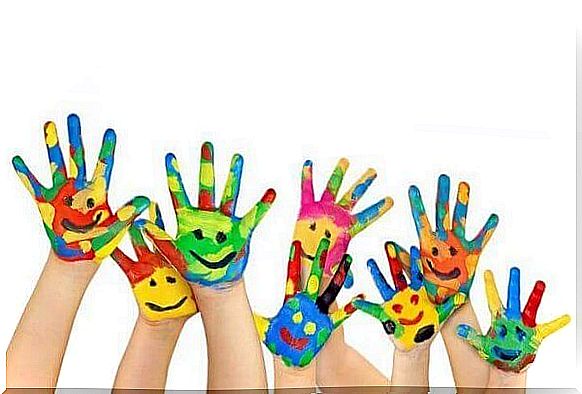
References
Bravo, V. (2009). Educational Psychology, Psychopedagogy and Special Education.
Castro Solano, A. (2004). The professional competencies of the psychologist and the needs of professional profiles in the different work environments. Interdisciplinary, 21 (2), 117-152.
Manzanares Moya, A. (2004). Expertise and the Educational Psychologist: an Integrating vision of the spaces of action in the professional family of education.
Bordón: Journal of Pedagogical Orientation, 56 (2), 289-302.Palacio.
CR, López, GCH, & Nieto, L. Á. R. (2006). What is Educational Psychological intervention: definition, principles and components.
The Agora USB Medellín-Colombia, 6 (2), 215-226.
Pérez Solís, M. (2011). Can an educational psychologist play the role of a psychologist? Professionalization against professional Intrusion.
Estud. Psicol. (Campinas), 28 (1), 3-13

